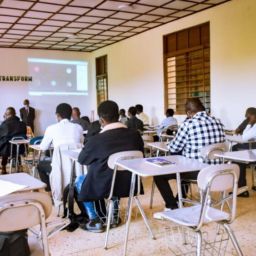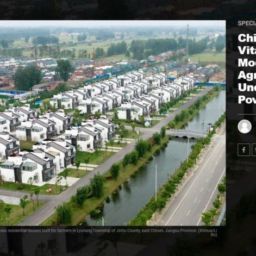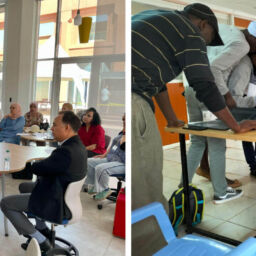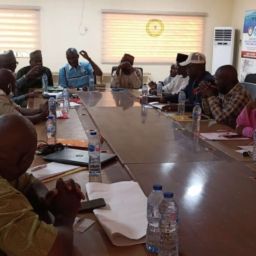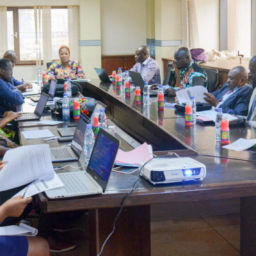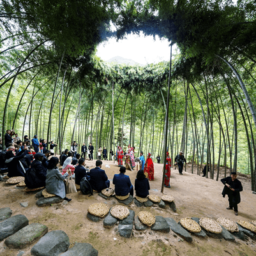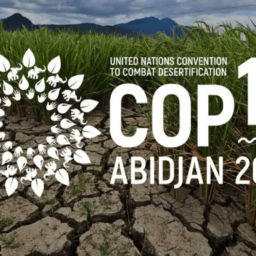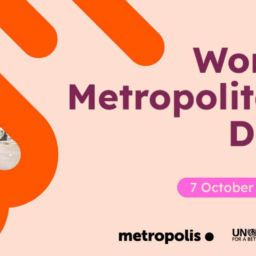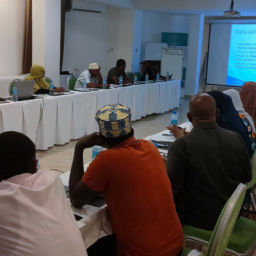SAFEGUARDING RIVER CORRIDORS
UN-HABITAT AND THE ARCADIS SHELTER PROGRAM SUPPORT THE CITY OF DOUALA IN THE PRESERVATION OF DIBAMBA RIVER CORRIDOR
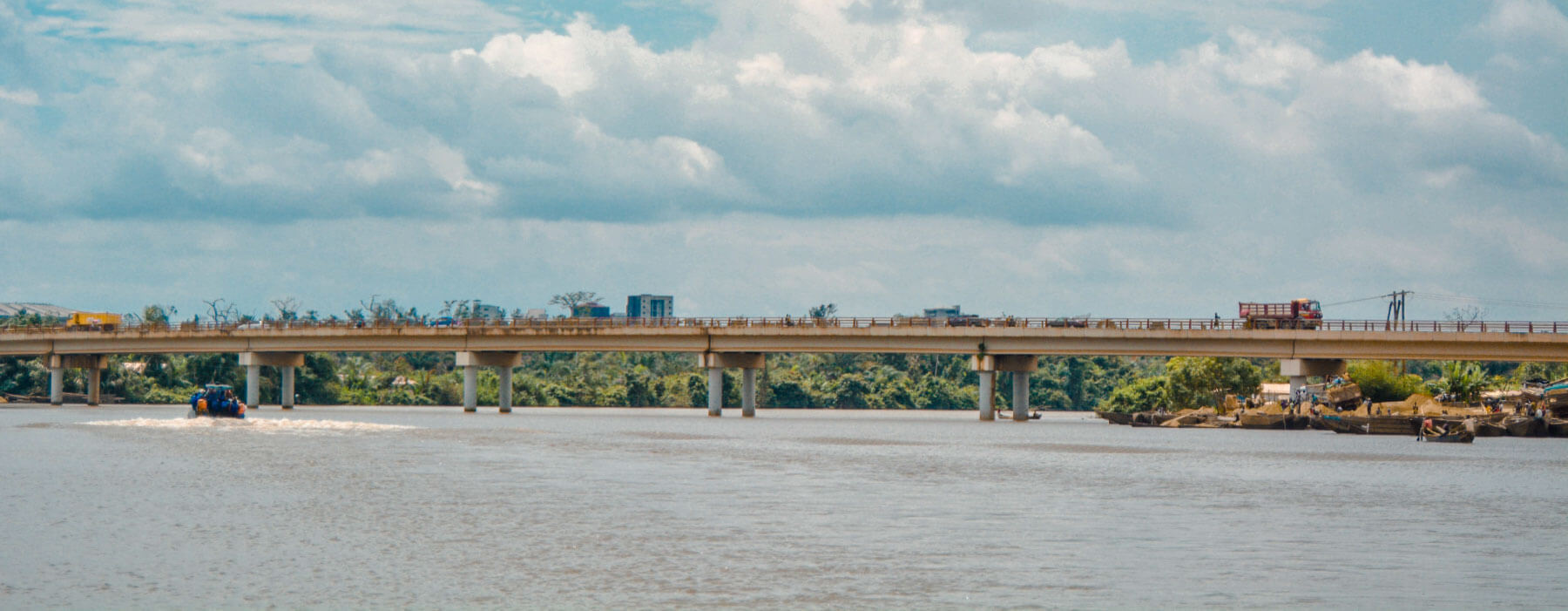
As the city of Douala, Cameroon, continues urbanizing rapidly, the population growth, coupled with increased human activity causes urban sprawl along the Dibamba river corridor, thereby degrading this natural ecosystem, rich in biodiversity. The resultant effects include erosion on the banks, sedimentation, loss of cultural heritage as well as pollution. Aware of the adverse risks these activities pose to the current and future populations, the City of Douala and the Commune of Dibamba are committed to mobilizing the best national and international skills to develop sustainable planning initiatives for their respective territories and have partnered with UN-Habitat and MAETUR for this cause.
In this regard, a 5-day joint mission of experts from the Arcadis Shelter Program, UN-Habitat, Cameroon’s Urban and Rural Land Development and Equipment Mission (MAETUR) and the city of Douala was organized as part of a Pro-Bono mission of the Shelter Program from the Memorandum of Understanding between Arcadis and ONU-habitat. The objective was to provide concrete inputs, perspectives, and best practices on developing an integrated river resource management plan for this rapidly developing urban area, and also gathering local issues, challenges and priorities which would be included in the integrated resource management plan.
The first day was devoted to consultations with various stakeholders including the local authority, government agency and community members. The team first engaged with the Second Deputy Mayor of Douala, the Director of MAETUR, Mayor of Dibamba, Divisional Officer for Dibamba, and several Village and Tribal Chiefs. The team then had the opportunity to directly hear from the community members about their needs and vision for the Dibamba River corridor. From the exchange, the population were pleased to see the project moving forward, emphasizing that “they are not against the development, but the development should accompany the cultural prospering of the Dibamba population”. While recalling and emphasizing on the cultural value of the river and the importance of artisanal fishing for the population’s economic prosperity, the community members also underscored that the plan should propose immediate actions to solve salinity and pollution of river.
The second day consisted on a visit to the river. After a visit to the Captain Ndzana Mvondo, Commander of the Douala base of the Cameroonian navy, a mission made up of experts from Arcadis, UN-Habitat, MAETUR, the Ministry of the Environment, Protection of Nature and Sustainable Development (MINEPDED) and the City of Douala travelled along the Dibamba River on two of their boats. The itinerary was the Wouri estuary up to the town of Massoumbou. The mission noted the existence of several fishing camps along the river, the coexistence of fishing activities, artisanal and industrial sand extraction, the proliferation of tourist sites along the banks, the destruction of the mangrove and transport activities.
Day 3 was devoted to training. Nearly 40 participants from the operational departments of the City of Douala, MAETUR, the National Institute of Statistics, the District Municipality of Douala 3, and the Ministry of the Environment, Protection of Nature and Sustainable Development (MINEPDED) took part in these training sessions which focused on three thematic: the situation of the Dibamba corridor project, the evolution of demography and land use in the city of Douala and a general presentation of a framework for the analysis and management of a river. At the end of the exchanges, it was noted that in 50 years the population of the city has increased by nearly 50% more than estimate, leading to a rapid urban sprawl of unplanned housing.
On day 4, the training continued with four main topics: a presentation of the development programs ongoing in the city of Douala, the methodology for waste management in the city, the evolution of the Douala watersheds and an online presentation on Arcadis digital solutions for river management. From these, it was noted that due to climate change, the sea level is rising by 25cm per year, thus increasing the salinity of its tributary rivers, and negatively impacting the river corridor ecosystem.
The fifth and final day of this mission ended with a restitution of the experts’ work. Having converged all the diverse participants in the Douala main conference room, the experts presented the Dibamba River management plan, demonstrating the current situation, proposed interventions and the expected outcomes. The aim of the plan is to identify a balance between the activities carried out in the river and the protection of its ecosystem. Thus, the team proposed some fitting recommendations:
– To protect the corridor for sustained uses, values and climate resilience,
– to reduce pollution with instream conditions,
– to manage municipal solid waste,
– to manage impacts to future developments and;
– to manage activities impacting the river corridor to balance economic development and aquatic function.
To conclude the successful mission, a brief press conference was held, followed by the 2nd Deputy Mayor of Douala who gave a vote of thanks, appreciating the team of experts for their visit to Douala and their work to advance the project.


